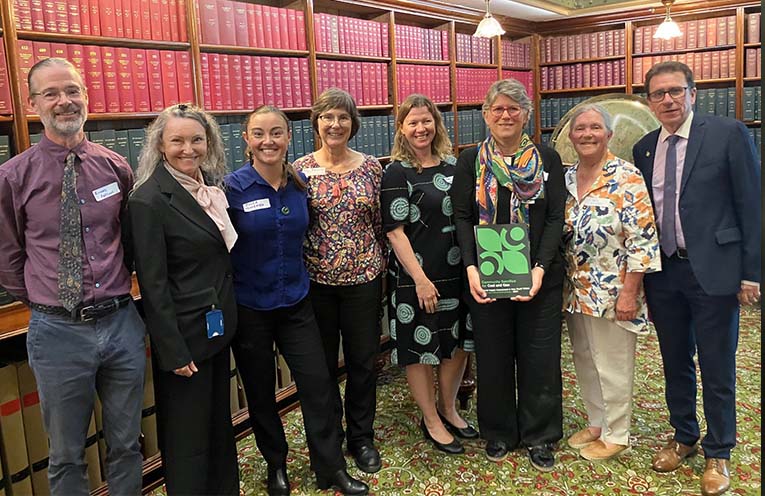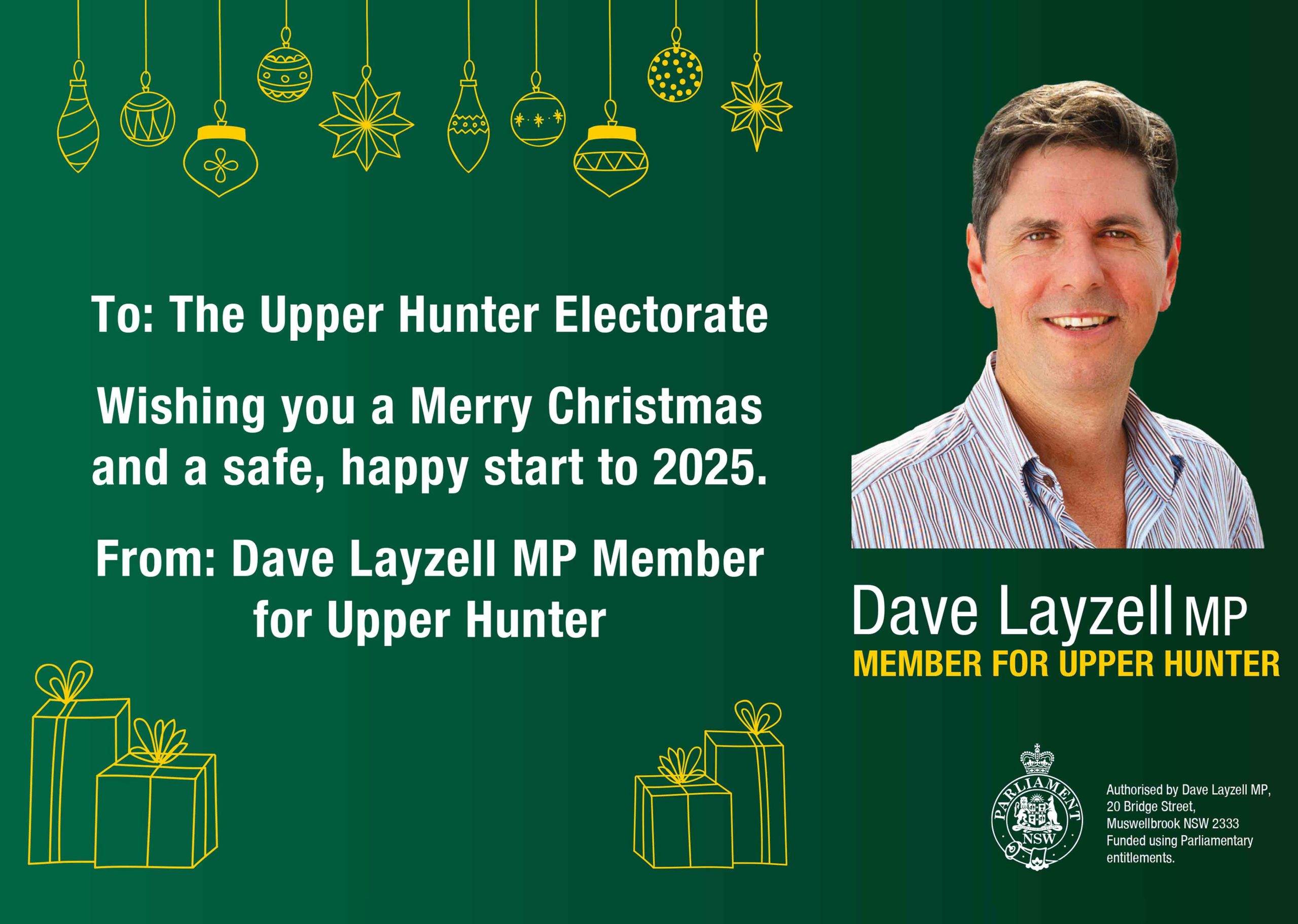
FORMER Gloucester Mayor and long-time Gloucester resident Julie Lyford OAM, is concerned about the adverse social impacts that resource projects have on rural communities.
As a retired nurse and wife of a local GP, Julie is in a unique position to understand such impacts.
 Advertise with News of The Area today.
Advertise with News of The Area today.It’s worth it for your business.
Message us.
Phone us – (02) 4981 8882.
Email us – media@newsofthearea.com.au
She was heavily involved in the campaign against AGL’s plans for a coal seam gas field in the Gloucester Valley, and the proposal to build the Rocky Hill coal mine just to the south of the town.
Neither project proceeded, with the Rocky Hill mine being rejected by the NSW Land and Environment Court on the basis of its social and climate change impacts.
Because of her concerns, Julie and others have been actively involved in examining the adequacy of social impact assessments when resource extraction applications are being considered.
The group, calling themselves the Social Impacts Alliance, has brought together people from various backgrounds with significant experience and expertise.
In 2017, the NSW Government adopted a Social Impact Assessment guideline for coal, gas and quarry proposals, and in 2021 the guideline was revised so that it now covers renewable energy projects such as Yancoal’s proposed solar/pumped hydro project at Stratford.
The Social Impacts Alliance believes that the present guidelines are inadequate and recently prepared a comprehensive report for the NSW Government explaining how the guidelines could be improved.
“Across rural and regional NSW, communities continue to endure negative social impacts of the extractive resource industry,” explains the executive summary of the group’s report.
“Where coal mining has brought significant revenue to the NSW Government and fuelled economic growth within the region, communities have been ruptured and livelihoods destroyed.
“The negative social impacts of the extractive resource industry have been poorly assessed and the communities at the extractive-frontier continue to suffer with persistent and ongoing negative impacts, including 24 hour/day noise, dust, blasting, combustion, increased traffic movements, loss of population, loss of place, loss of culture, and loss of wellbeing.”
The report, which contains eight key recommendations for improvement, was presented by Julie and her colleagues in an event at Parliament House hosted by Dr Joe McGirr MP, Member for Wagga Wagga on 13 November, 2024.
“Two significant deficiencies with the present guidelines are that they do not require health and climate change issues to be considered, and this needs to change,” Julie said.
“I find it distressing how so many people’s lives and their communities have been badly impacted by the inadequacy of the present guidelines.”
More details of the report can be requested at socialimpactsalliance@gmail.com.
By John WATTS
